Keywords: Peace
There are more than 24 results, only the first 24 are displayed here.
Become a subscriber for more search results.
-
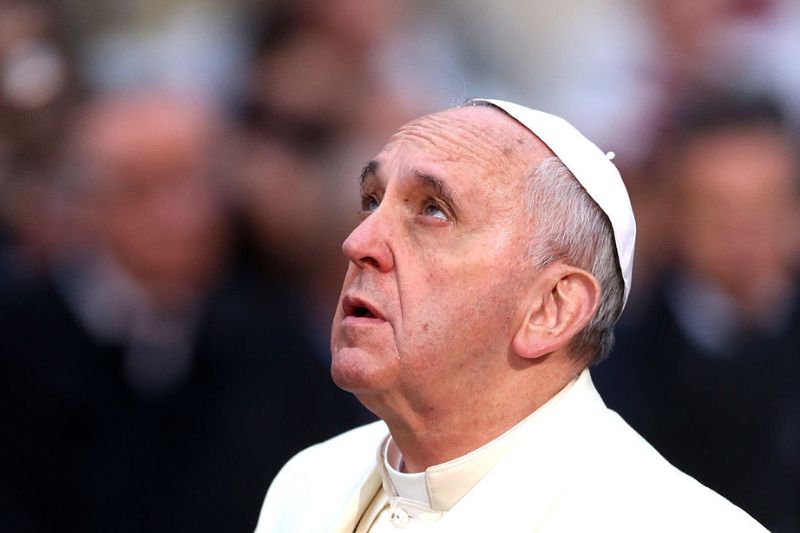
RELIGION
- Michael McVeigh
- 30 April 2025
Pope Francis’ pontificate was marked not by triumph but by a humble reckoning with failure. In a Church marked by scandal, division, and decline, he didn’t reverse the tide but pointed to another measure of faithfulness: mercy over mastery, presence over power, and the courage to fail, not downward, but upward.
READ MORE
-
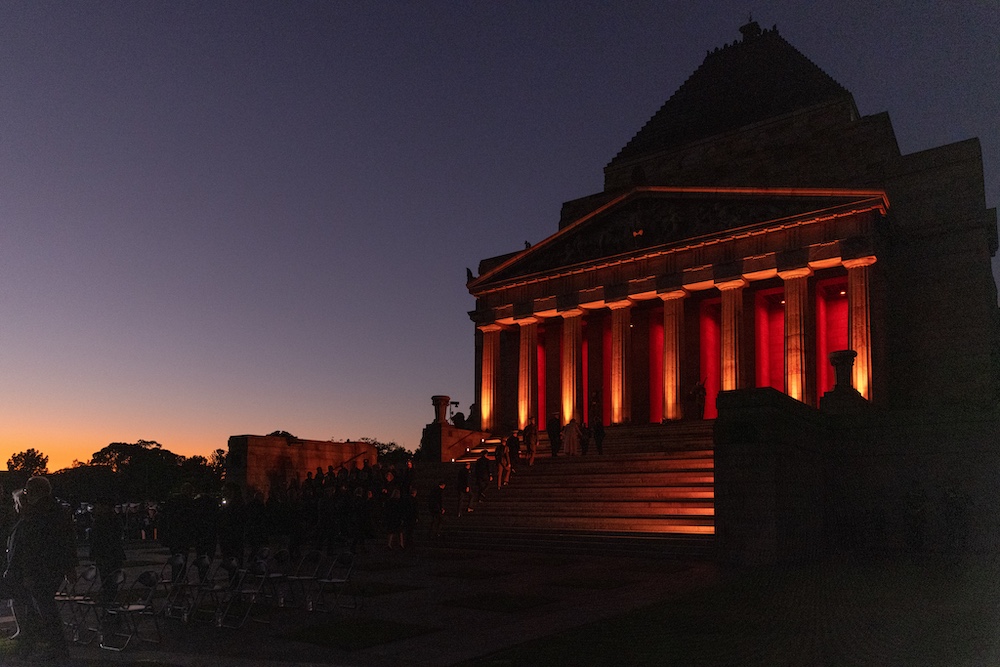
AUSTRALIA
- Brian McCoy
- 24 April 2025
As we witness those wars that continue to rage, we might wonder, this Anzac Day, what were the effects on our First Nations people when their lands were first taken? We can now see only too clearly that it is difficult, if not impossible in the longer term, to defend one’s land when the invader has more powerful resources and shows no intention of negotiating peace.
READ MORE
-

AUSTRALIA
- Andrew Hamilton
- 24 April 2025
This year has been marked by growing introspection concerning our culture. At the heart of the division between a conflictual and an eirenical view of public life lie different understandings of the value of human life and of what it means for human beings to flourish.
READ MORE
-
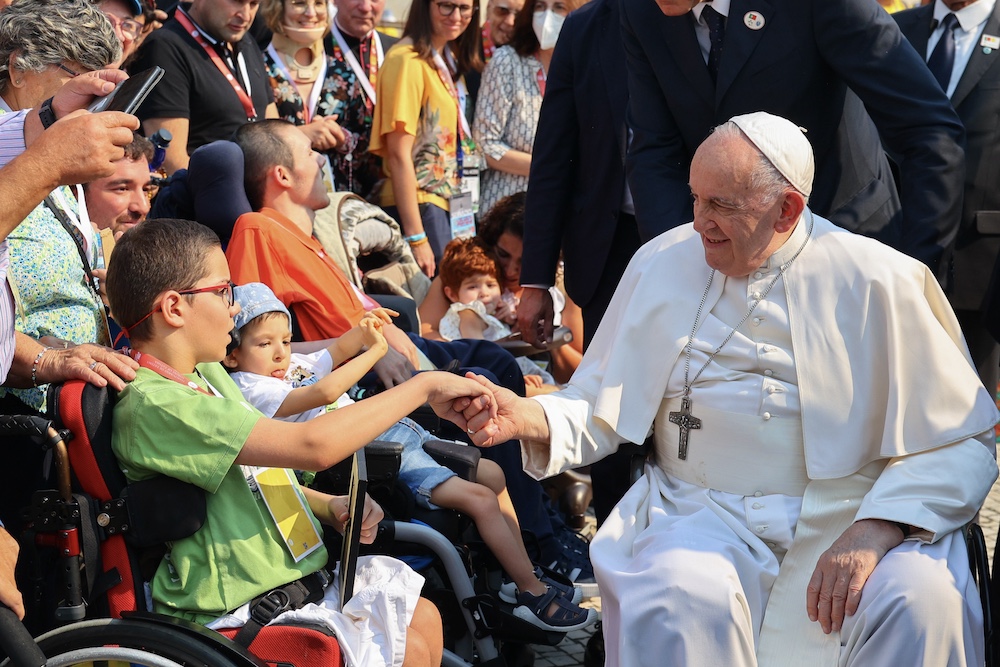
RELIGION
- Frank Brennan
- 23 April 2025
Francis was a pope prepared to blur the edges of doctrine, or at least its application, opening the doors of the Church to all those seeking love, mercy and forgiveness. He never doubted God’s capacity to love and forgive all who sought that love and forgiveness. He maintained the certainty, not of doctrine but of the simple piety of believers.
READ MORE
-
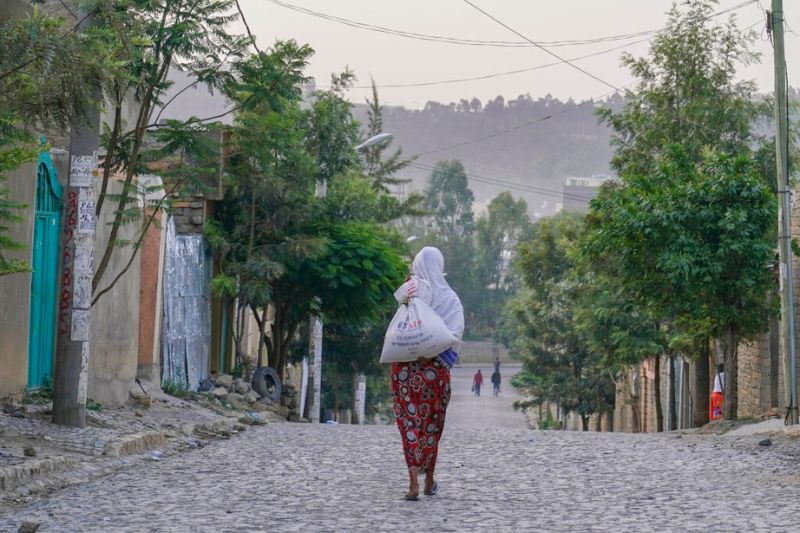
INTERNATIONAL
As Trump dismantles America’s global aid program, and Europe follows suit, developing nations are left to fill the vacuum often with partners unfriendly to Western interests. In this new geopolitical terrain, Australia faces a choice: retreat with the rest, or lead through renewed investment in aid and regional diplomacy.
READ MORE
-
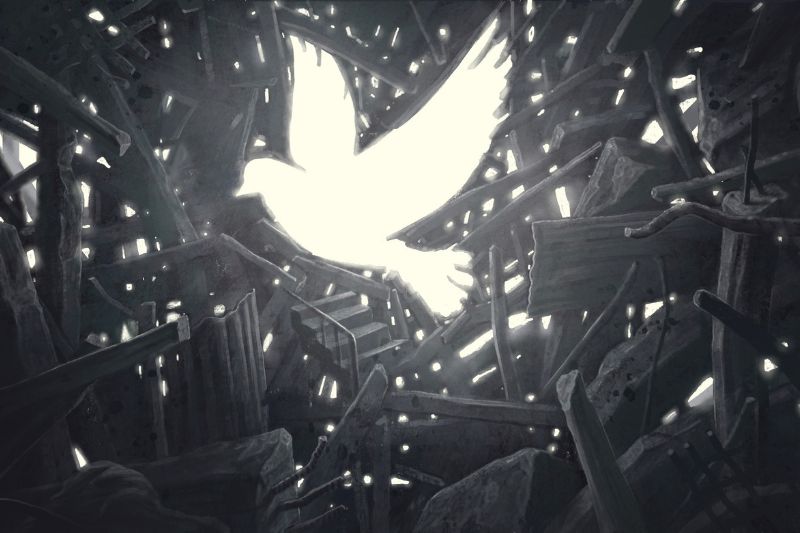
RELIGION
- Danielle Terceiro
- 16 April 2025
Even in a world marked by war, exile and devastation, the Easter story offers a defiant hope: that ruin is not the end. Rooted in a vision of restoration beyond history’s violence, it speaks to a yearning deeper than despair — for justice, for peace, for a feast with no end.
READ MORE
-
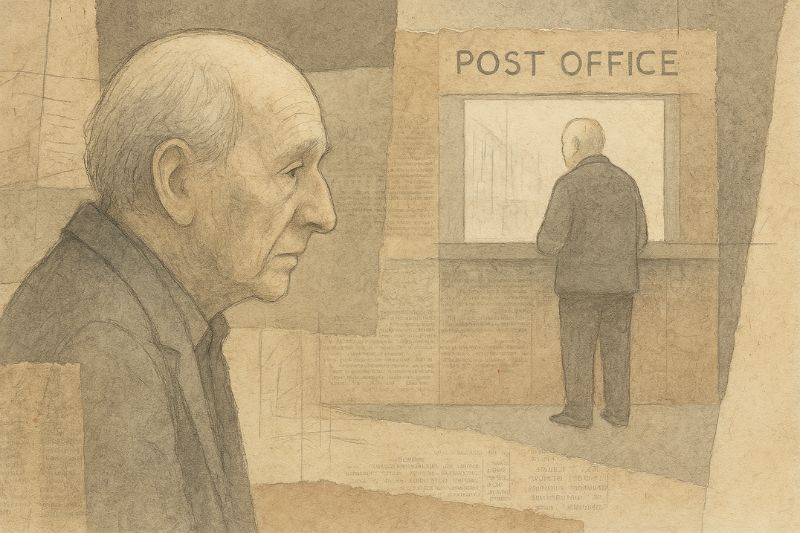
AUSTRALIA
- Michael McGirr
- 14 April 2025
When Holocaust survivor Jacob Rosenberg once spotted his friend's murderer in a Melbourne post office queue, he discovered that peace doesn't start with grand gestures, but quiet moments of letting go.
READ MORE
-
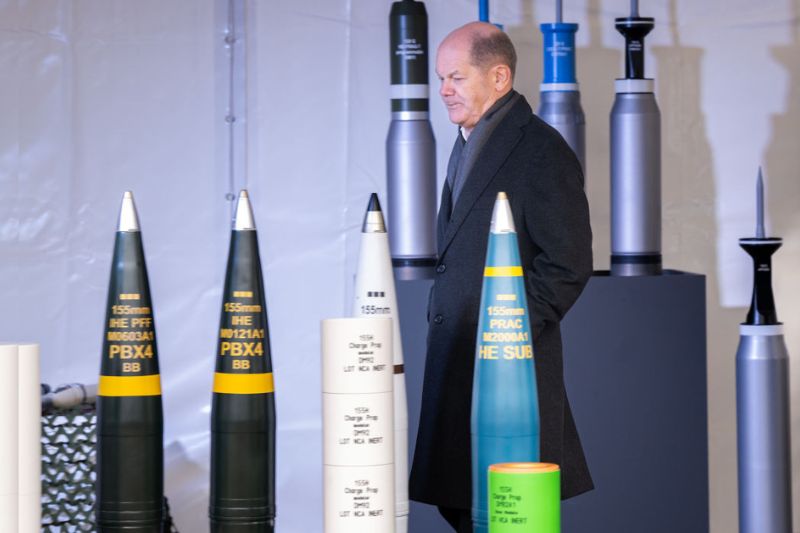
INTERNATIONAL
- Binoy Kampmark
- 27 March 2025
Europe’s escalating defence spending, driven by the Russian threat, marks a shift toward militarisation. The EU’s new budget plan, designed to free up billions for weapons and security, raises critical questions about how far Europe will go in fortifying itself and the long-term impact on its stability.
READ MORE
-
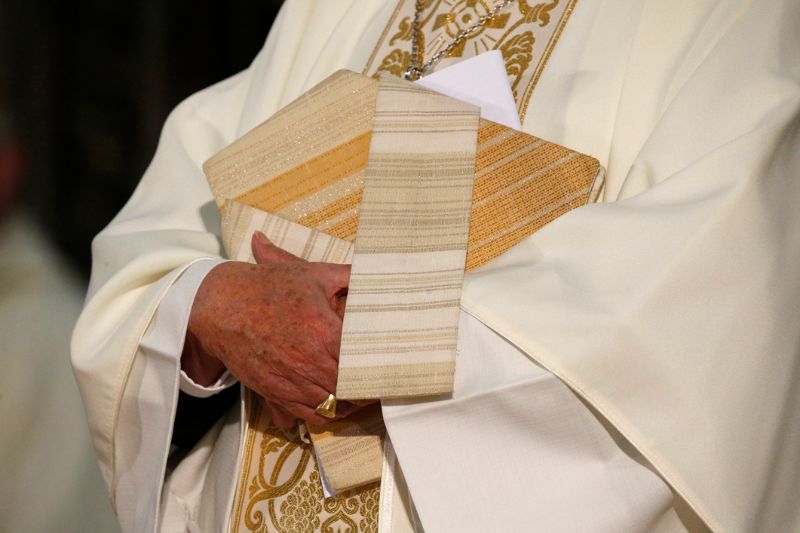
RELIGION
- John Warhurst
- 25 March 2025
As Australia approaches another federal election, the Catholic Church, long ambivalent about democratic politics, prepares to weigh in. Its official statement could play it safe, as in years past — or it could offer a deeper moral vision, confronting the global drift toward division with the quiet radicalism of synodality.
READ MORE
-

AUSTRALIA
- Andrew Hamilton
- 24 March 2025
With America's reliability in question, Australia is rethinking what security really means. Should it double down on military self-reliance, or reconsider the cost of placing defence above all else? As alliances fray and power shifts, the country faces a deeper reckoning: whom can it trust—and at what price?
READ MORE
-

INTERNATIONAL
- Gillian Bouras
- 27 February 2025
Europe faces a moment of strategic recalibration as shifting U.S. priorities put transatlantic ties under strain, raising concerns about Europe’s defence standing. With war on its borders and internal divisions mounting, the European Union must rethink its role in an increasingly uncertain world.
READ MORE
-
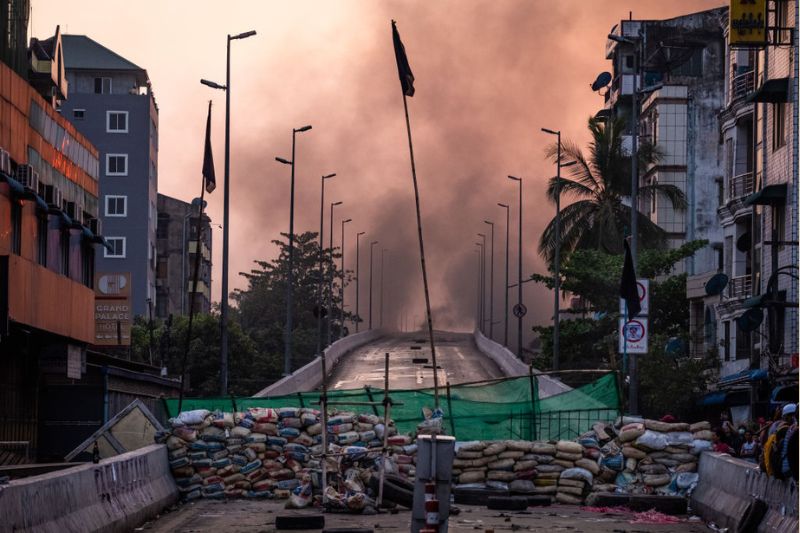
INTERNATIONAL
- Anonymous
- 20 February 2025
Myanmar’s military-led turmoil drives millions from their homes, bombs local communities, and keeps democracy icon Aung San Suu Kyi behind bars. Once a nation of proud heritage and abundant resources, it now teeters on social and economic collapse. Our deep dive examines an enduring crisis and the determination powering an urgent call for change.
READ MORE